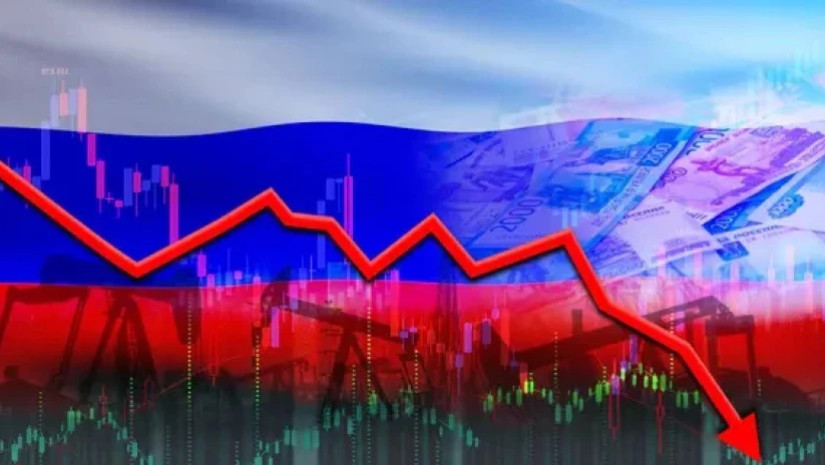Russian enterprises are sending employees on forced leave en masse.
Russia’s largest ferroalloy producer will shift to a four-day workweek for its administrative staff starting Sept. 1, the Kommersant business daily reported Monday, as the country’s metallurgical industry continues to grapple with mounting financial pressures.
The Chelyabinsk Electrometallurgical Plant (ChEMK), which produces 80% of the nation’s ferroalloy used in steelmaking, attributed the move to significant fluctuations in exchange rates, “adverse market conditions” for ferroalloys and a notable reduction in demand from industrial clients.
The company said these factors have forced the launch of an “anti-crisis program.”
“From September 1, all administrative employees in structural divisions will transition to a reduced schedule that will remain in effect through the end of 2025. There are no planned layoffs,” the plant said in a press statement.
The updated workweek will be implemented for 1,200 employees.
Company officials said that a return to the standard schedule is possible should market conditions and currency fluctuations stabilize.
ChEMK was nationalized in 2024 after a court in the Sverdlovsk region ordered the transfer of shares in ChEMK, Serov Ferroalloy Plant and Kuznetsk Ferroalloys — companies that made up the ChEMK Group — to the Russian state.
Russia’s state-run railroad operator has begun furloughing some of its administrative staff due to a sharp decline in freight traffic, the RBC news outlet reported Monday, citing anonymous sources familiar with the matter.
Managers at Russian Railways’ central office and certain regional branches have reportedly been required to take two unpaid days off each month since July. The policy is expected to remain in place through the end of 2025.
“The decision was made to preserve the company’s workforce, which would otherwise face reductions under the current economic conditions,” one source told RBC.
Russian Railways declined to comment, the news outlet said.
Freight volumes have dropped significantly since the start of Russia’s full-scale invasion of Ukraine in 2022. After falling 3.9% that year and 0.2% in 2023, freight traffic saw its steepest decline in 15 years in 2024, down 4.1%, according to RBC.
From January to June of this year, freight loading dropped another 8% compared to the same period in 2024, totaling 554.5 million metric tons.
The authorities are not considering any measures to stimulate entrepreneurial activity, such as reducing taxes. Their answer is: Are your belts already fastened to the last hole? Take a breath, inhale, and make an additional hole in your belt to tighten it even more tightly, "Novye Izvestia" concludes sarcastically.


















